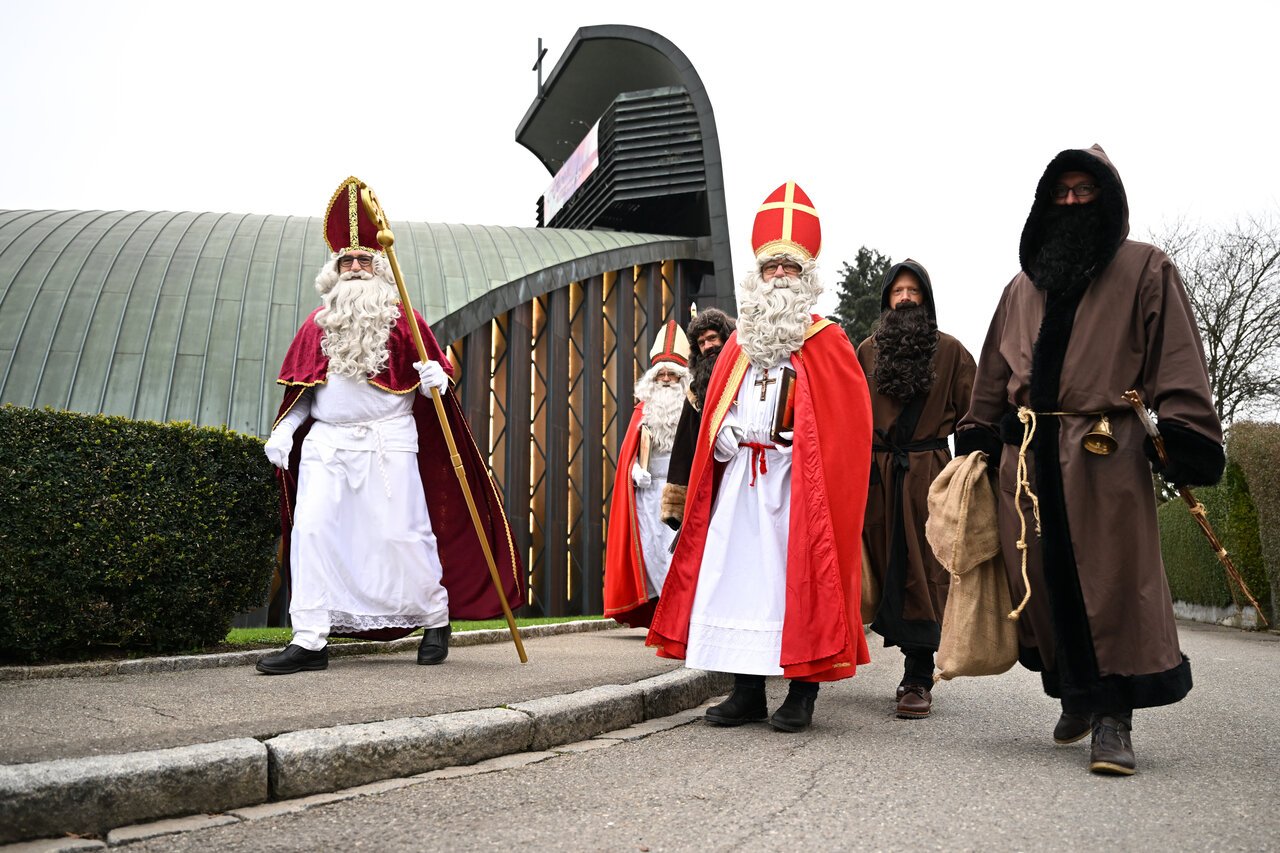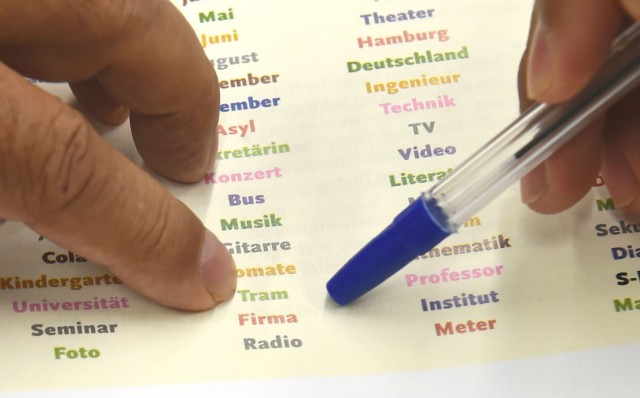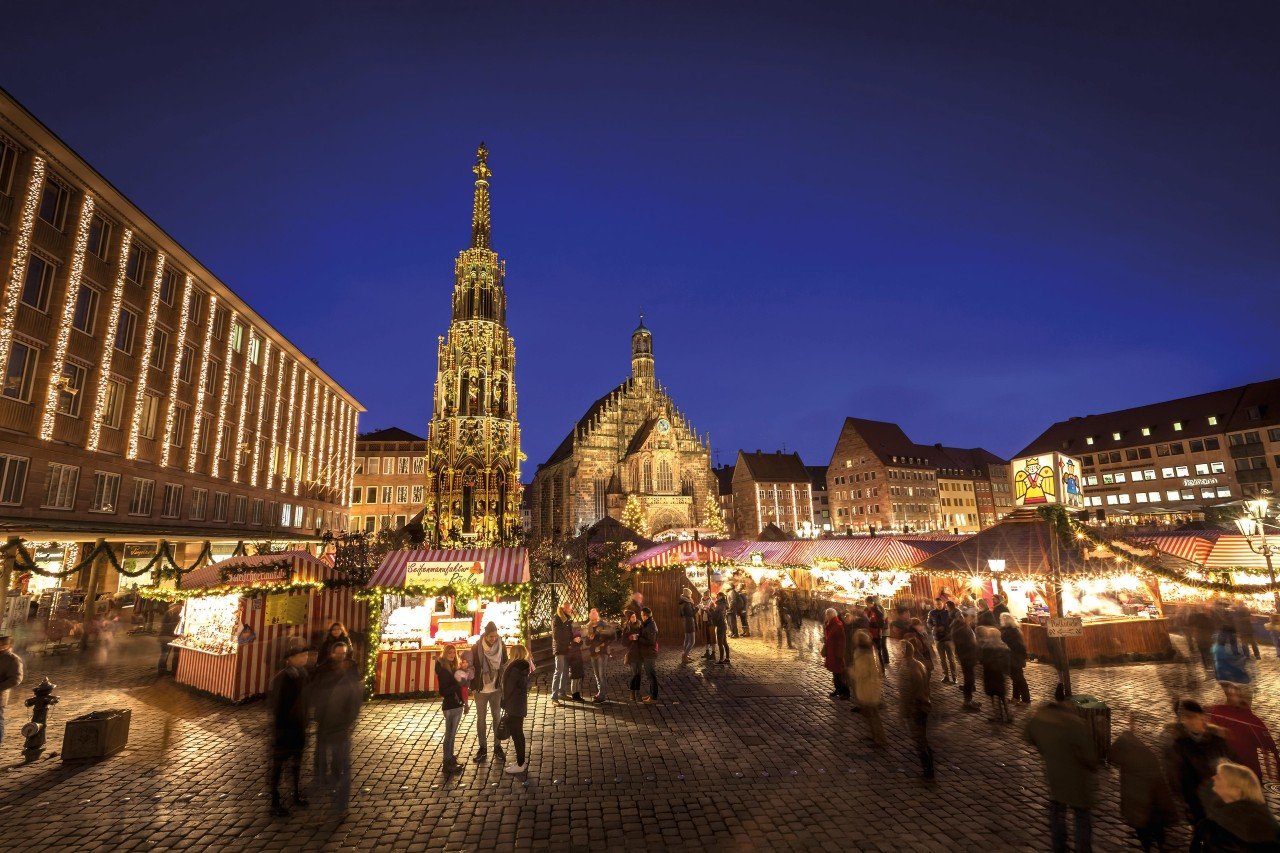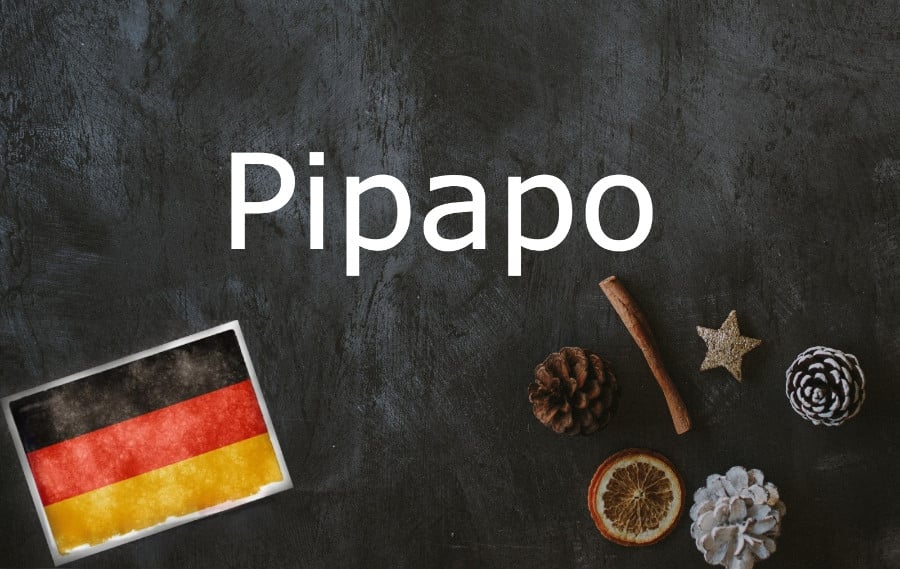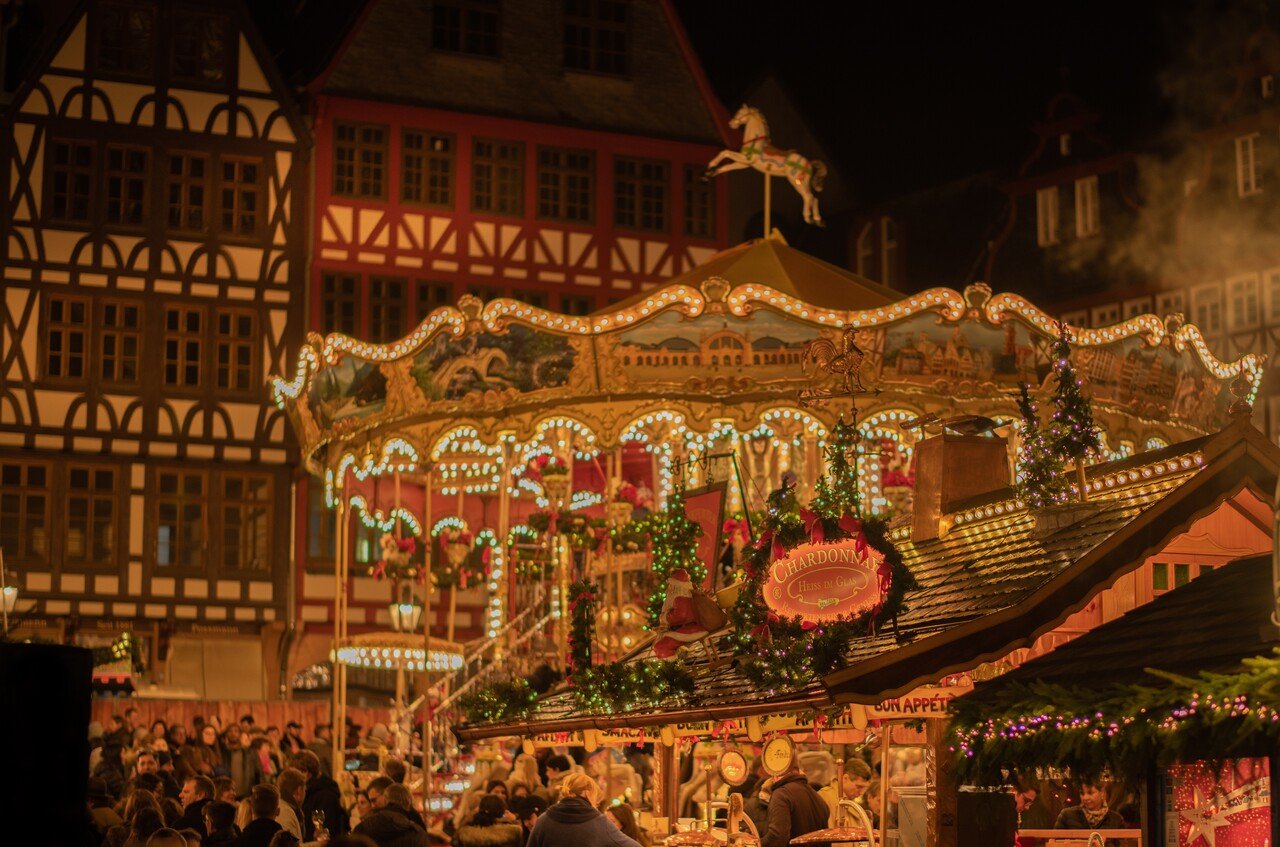As the holidays rapidly approach, there are plenty of strange German Christmas traditions that exist in local regions harking back to pagan days. From Santa’s henchman to festive prune-sculptures, here’s a look at four you may not know.
Visitors entering Germany from outside the Schengen zone might have to show documents at the border. Here’s what to keep in mind when writing a visa invitation letter for people to visit you from abroad.
Whether you tend to be a bit clumsy or are feeling worn out after some chores, you’re bound to find plenty of ways to use this helpful German phrase.
Winter is upon us, and in Germany that means sub-zero temperatures, short days and not a lot of sunshine. But fear not: while the Danes may have cornered the market on Hygge, the Germans are old hands at cultivating a sense of Gemütlichkeit.
The six different categories in the European Framework for Languages set out what a German learner should be able to say and do at each level of language learning. Here’s what each of them mean and how you can get there.
Totensonntag (Sunday of the Dead), also referred to as Ewigkeitssonntag (Eternity Sunday), holds a significant place among the various holidays observed in the German calendar.
The German state of Saxony has a public holiday this Wednesday for Buß-und Bettag or Day of Prayer and Repentance. What is it and why does no other state mark it in the same way?
There is perhaps no better place for an awe-inspiring Christmas market experience than Bavaria, so here’s an essential guide for readers.
This fun word can be used in just about any context where you have a lot more to say than can fit into a sentence.
The clocks have gone back and the days are rapidly getting darker: winter has almost arrived in Germany. But fear not, as winter can be a truly magical time in the Bundesrepublik. These are seven reasons why to embrace November and beyond.







